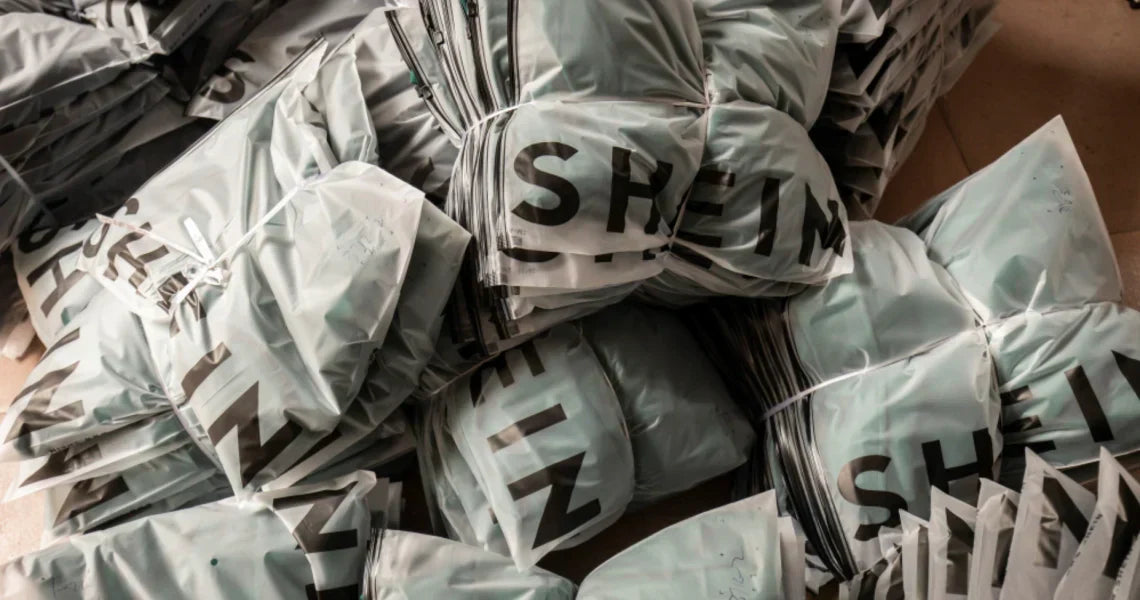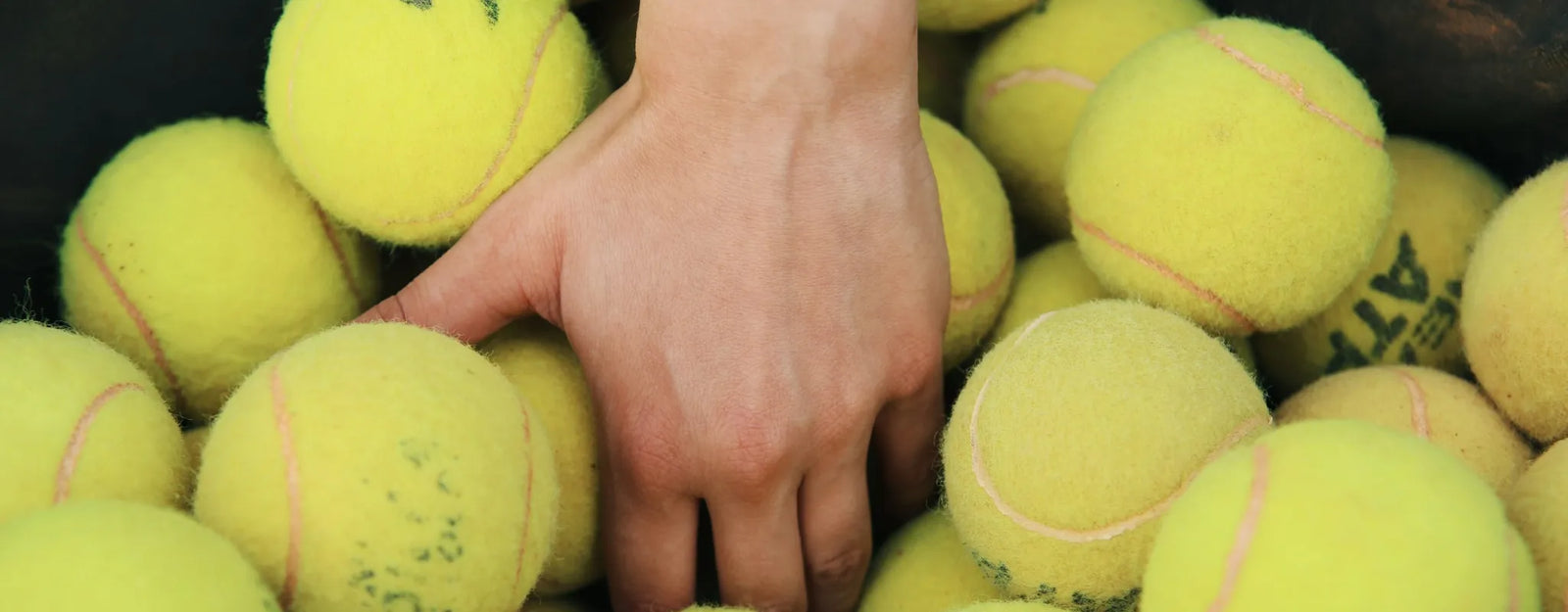Plastic has lately taken the spotlight as the main culprit that's destroying the environment. Whilst that's an undeniable truth, your favourite zero-waste alternative might be just as bad.
Is glass sustainable
Glass is made out of natural materials and is 100% recyclable. But that's where its benefits end. Here's the truth:
1. Making glass requires a lot of natural material - sand.
The truth is, the world is running out of sand. It is in such demand that there's now a black market for it. We use approximately 50 billion tons of sand in commercial production every year and sadly, we use it much faster than mother nature can produce it. After air and water, sand is the most used material in the world. Yes, we use it more than oil. We also cannot use sand from deserts because wind erosion makes the grains too small to process. As a result, the sand gets extracted from places such as river and sea beds.
Up to 90% of the world's beaches have shrunk by 40 meters since 2008. Such erosion has resulted in some of the worst floods in our history, such as the Houston flood of 2018.
2. It is heavy and fragile.
Plastic took off as a wonder packaging material because of its low cost to produce and lightweight. Glass on the other hand is much heavier to transport and has a significantly higher carbon footprint. The fragility of the glass often means that it is protected, you guessed it, by plastic; this is catch 22. Whilst buying a mason jar instead of a plastic container reduces your plastic waste, the secondary packaging, mostly single-use, used to protect it during transportation offsets that benefit. Even worse, packaging such as bubble wrap is notoriously troublesome to recycle as it ends up polluting our oceans and harming aquatic life.
Is glass recyclable
3. Not all glass is actually recycled.
Whilst glass can be recycled an infinite amount of times and not lose its properties, the UK recycles only around 50%. The US, even less, recycles only 30%. If sent to the landfill, glass will never decompose.
Don’t get us wrong, glass is a much better material to use than plastic because it's not made of harmful chemicals or fossil fuels and, if everyone took care to educate themselves on recycling, its benefits would outweigh the negatives. For now, it has some serious issues.
We chose our packaging carefully, after evaluating all possible options such as bioplastics, glass, recycled plastic and aluminium. We decided to use aluminium bottles for both our multipurpose cleaner and our bathroom cleaner bottles are they can be recycled an infinite amount of times without losing its durability. It is lighter and a much sturdier material and as a result, we don’t need and don’t use excessive secondary plastic wrapping when shipping or storing it. Intrigued? Check out our sustainability statement to find out more about our commitment.
In the end, the solution to all single-use problems is to switch to refillable and reusable packaging. Like our range of refillable cleaning products. Are you with us?
Words by Sofya Zakharova, Image by Laura Mitulla








Leave a comment (all fields required)